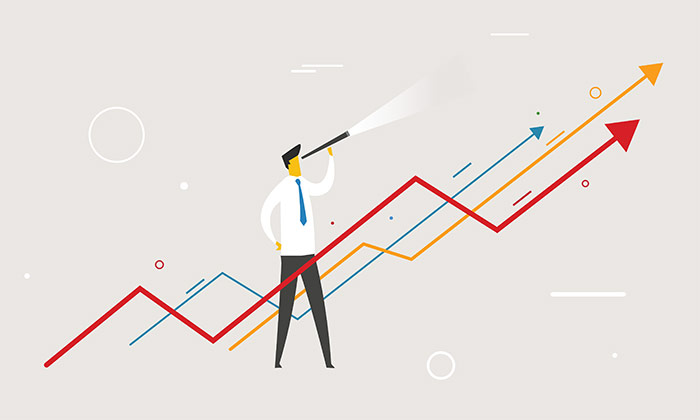Switzerland: Easter holidays cool down consumption in April

A measure reflecting the trends in the Swiss economy rose modestly in April, suggesting average private consumption growth, results of a survey by the UBS investment bank showed Wednesday.
The UBS consumption indicator rose to 1.48 points in April from 1.44 in March, which was revised from 1.50.
The improved mood in the retail sector supported the indicator, while a decline in new car registrations (down 10% from the previous year, or by almost 3,000 vehicles) owing to a late Easter this year had a negative effect, the UBS said. An official measure of consumer confidence by the State Secretariat of Economic Affairs also declined in April, the bank added.
Further, UBS noted that Emmanuel Macron's victory in the French presidential elections considerably reduced the political uncertainty in the Eurozone and hence, the growth prospects for Swiss exporters have improved this year.
The UBS expects Swiss consumption to benefit from solid economic growth and a drop in unemployment. The increase in consumer prices, however, could moderate consumption as rising inflation will lead to lower growth in real income, the bank added.
The UBS Consumption Indicator signals private consumption trends in Switzerland with a lead time of one to three months on the official figures. UBS calculates this leading indicator from six consumer-related parameters: new car registrations, business activity in the retail sector, the number of domestic overnight hotel stays by Swiss residents, the consumer sentiment index, employment figures and credit card transactions made via UBS at points of sale in Switzerland. With the exception of the consumer sentiment index and employment figures, all of this data is available monthly.

